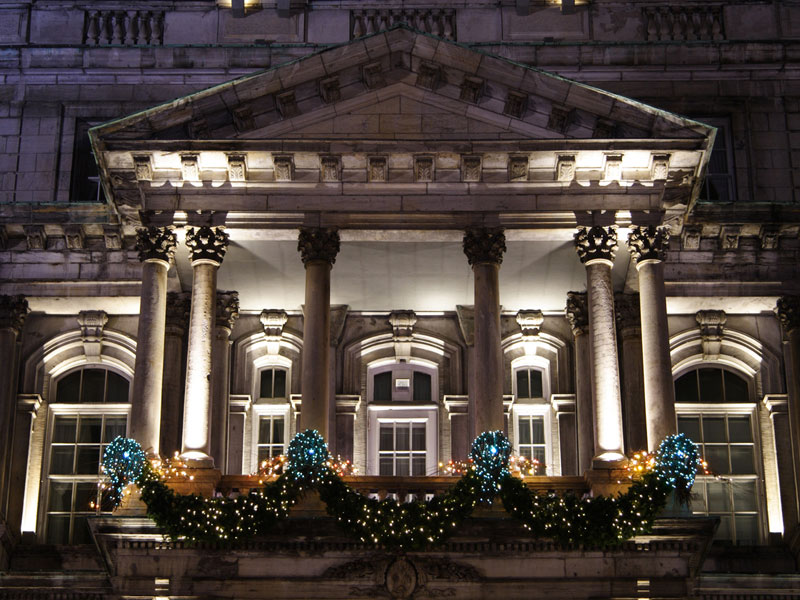
Municipal elections across Quebec on Nov. 7 returned an equal number of women and men as mayors of the province’s 10 major cities.
But the main battle was in Montreal, where the “Rocky”-style comeback attempt by Denis Coderre, the city’s mayor from 2013 to 2017, failed to dislodge Valérie Plante, whose left-of-centre Projet Montréal party was re-elected with a solid council majority.
Plante, not a traditional politician, danced onto the stage for her victory speech, letting go her trademark peals of laughter.
“We can run Montreal with a smile!” Plante declared to supporters, adding that her win in 2017, which made her the city’s first female mayor, was not an accident.
“It was the start of new era; a new way to govern Montreal,” she said.
Coderre, previously a Liberal MP in Ottawa for 16 years representing a Montreal riding, and a cabinet minister, disappeared from political life after losing to Plante in 2017.
Over the four years between elections, he made sporadic media appearances, always insisting he was not planning a return to politics.
He turned to boxing, participating in charity matches, introduced the new woman in his life and lost more than 125 pounds.
Then, last March, he released a book, Retrouver Montréal (Rediscovering Montreal), written in collaboration with high-profile academics, and announced what everyone knew: he was running again for mayor.
In Coderre’s speech conceding to Plante, he admitted the recent loss was “a great disappointment for me,” adding this election was “one of the most dirty campaigns I have known.”
Coderre’s campaign presented him as the only one who could set Montreal right, attacking Plante, and focused on Montreal’s dirty streets and the rise of handgun violence in the city.
Plante admitted the city could use a cleanup and, while downplaying the rise of gang violence, promised to add more police.
Coderre hoped to cash in on dissatisfaction with the Plante administration’s push to add more cycling paths in the city core, which annoyed car drivers who couldn’t find parking spots as a consequence.
When the campaign began, Coderre was ahead of Plante.
Then, as the campaign went on between a smiling Plante and grumpy Coderre, polls suggested a tie.
The final count was Plante, 52.1%; Coderre, 38.0%. Balarama Holness, who proposed declaring Montreal a bilingual, multicultural city-state, took 7.2%. Voter turnout was only 38% in this election, down from 42% in 2017.
In the 2017 campaign, Coderre was criticized for lack of transparency, as he refused to publish the financial details about the city’s FIA Formula E electrical-powered car race, modelled on Formula 1, and other city business.
This time, in the final week of the campaign, Coderre bragged that he earned much more as a private-sector consultant than the mayor’s salary of slightly less than $200,000.
But, citing confidentiality agreements, Coderre would not release the names of clients who paid him more than $458,000 last year.
As election day approached, under growing pressure, he released all the names — including the printing and media company Transcontinental Inc., which Coderre advised regarding the Publi-Sac flyers that Plante’s administration had considered banning. (Disclosure: Transcontinental is Investment Executive’s former owner.)
Coderre’s difficulty with transparency may have shifted votes to Plante.
Both candidates wanted to address the city’s shortage of low-cost housing. Montrealers evicted from their apartments have been living in tent clusters in the city and the practice of “reno-viction” — evicting tenants in order to renovate a property, then jacking up rents — is pricing renters out of the market.
Plante’s priorities are housing and the environment, as well as working with the global C40 Mayors Task Force for a green, inclusive recovery from the pandemic and a commitment to more transit projects.
Advisor chargebacks are bad for the industry
The CSA is considering a ban on the practice